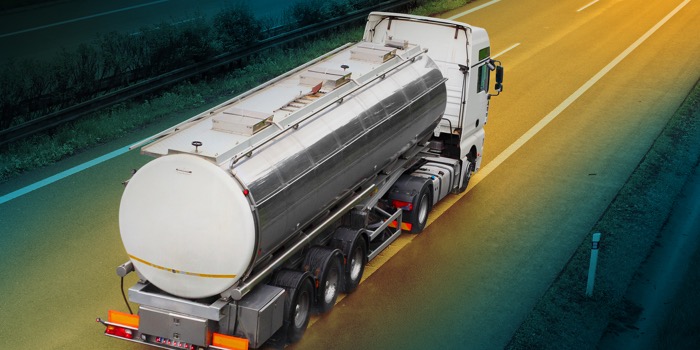Groundbreaking hydrogen fuel feasibility study at Ribblesdale
Ribblesdale cement works, located in Lancashire, is pioneering a groundbreaking project aimed at exploring the feasibility of using ammonia as a source of hydrogen for fuel in cement kilns.
Collaborative Research Initiative
In collaboration with engineering consultants Stopford and Cranfield University, Ribblesdale has embarked on a 12-month project funded by Innovate UK through its UK Research and Innovation fund. This initiative aims to push the boundaries of hydrogen usage within cement manufacturing.
Building on Previous Success
This research initiative builds upon the success of a previous project at Ribblesdale, where hydrogen was successfully demonstrated as part of a net-zero fuel mix to power a cement kiln, marking a significant milestone in decarbonisation efforts.
Exploring Ammonia as a Hydrogen Carrier
The new project seeks to evaluate the potential of using ammonia as a low-cost and low-carbon hydrogen carrier. By examining the most efficient method of ‘cracking’ ammonia on-site to release hydrogen, the project aims to overcome technical challenges associated with hydrogen storage and transportation.
Marian Garfield, sustainability director at Ribblesdale, expressed optimism about the project’s potential impact. She highlighted ammonia’s potential as an energy-dense and cost-effective source of hydrogen, which could enhance fuel efficiency in cement kilns and reduce CO2 emissions.
Continuing the Decarbonisation Journey
The project underscores Ribblesdale’s commitment to innovation and sustainability in cement manufacturing. If successful, the initiative could pave the way for further exploration of ammonia as a hydrogen carrier, not only in cement production but also in other industries.
Ribblesdale’s involvement in this groundbreaking research reaffirms its position as a leader in decarbonisation efforts within the cement industry, driving forward the transition towards a more sustainable future.
For more information visit www.heidelbergmaterials.co.uk
14 March 2024















